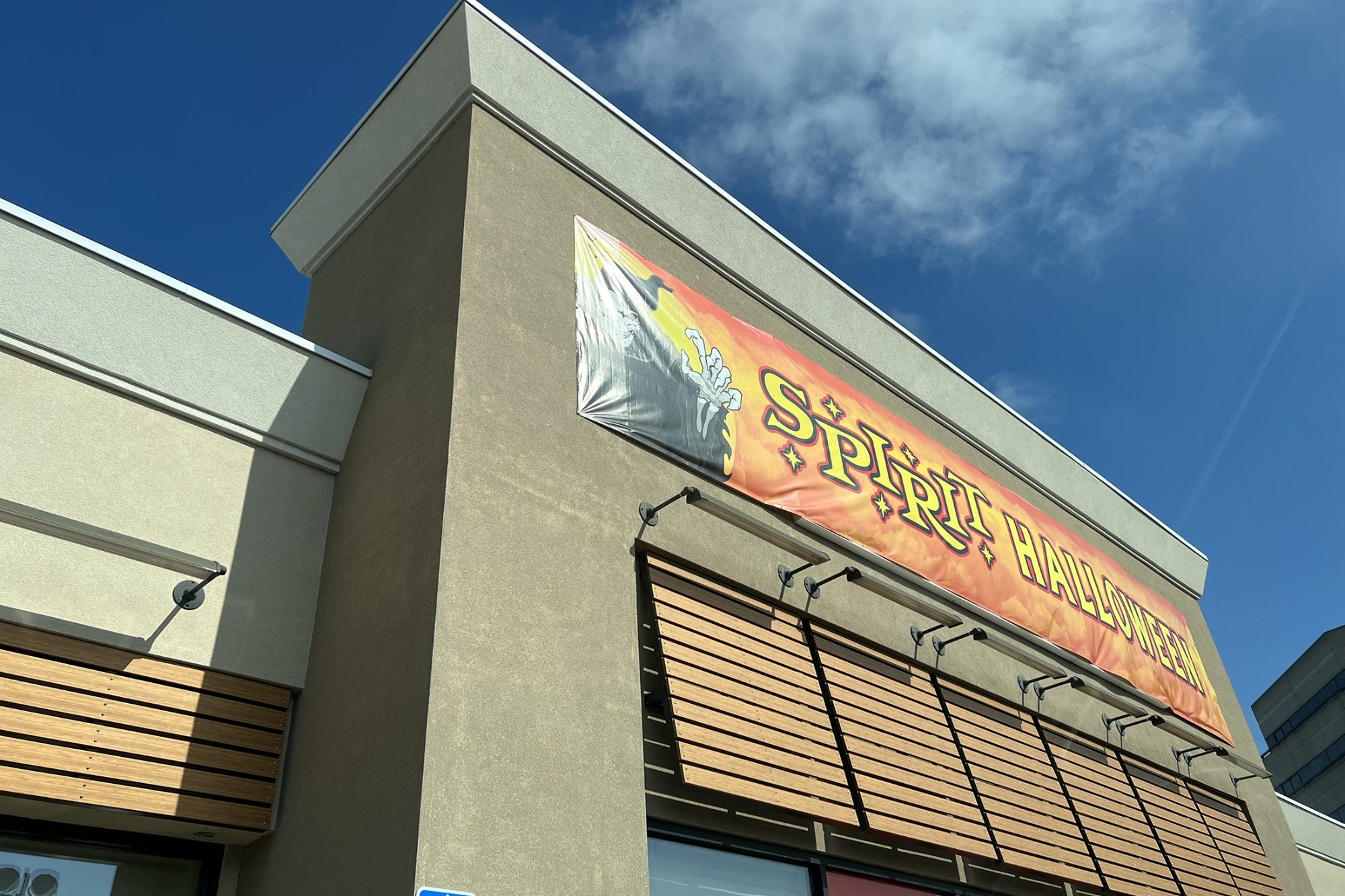Etsy CEO: We Couldn't Have Succeeded Under Proposed FCC Net Neutrality RuleChad Dickerson called on the FCC to regulate the Internet as a utility, saying startups will be roadkill if fast lanes are allowed
ByPeter Page•
Etsy CEO Chad Dickerson has askedin official commentsfor the Federal Communication Commission to reclassify Internet service providers (ISPs) as utilities so the commission will have "authority to protect an open Internet once and for all.'' Dickerson bluntly urged the FCC to take the politically explosive move of reclassifying ISPs as "telecommunications services'' subject to tight regulation under Title II of the Telecommunications Act, originally enacted in 1934 to regulate telephone service.
Related:The Latest FCC Net Neutrality Rules Should Be Opposed
The reclassification is vehemently opposed by ISPs such asVerizon, which warned reclassification would"impose 1930s utility regulation on the Internet'' and "lead to years of legal and regulatory uncertainty and would jeopardize investment and innovation in broadband."
The ISPs' congressional allies urged FCC Chairman Tom Wheeler to "halt your consideration of any plan to impose antiquated regulation of the Internet''in a letter发送之前Wheeler公布了最新的提议ule. Wheeler saidTitle II reclassification was under considerationthe following day when the rule proposal was released for public comment.
Etsy is the archetype Internet success story, launched in a Brooklyn apartment in 2005 by Dickerson and furniture maker Rob Kalin. The company now has offices globally and employs 500 people. In 2013, more than a million artists, designers and collectors, had cumulative gross sales of $1.35 billion.
Dickerson noted in his comments that 88 percent of Etsy sellers are women mostly working from home. Sellers have an average household income of $44,900 but about 25 percent of Etsy sellers make a scant $25,000 per year.
"These Internet-enabled entrepreneurs are building businesses on their own terms, prioritizing flexibility and independence over rapid growth, and using Etsy income to build resilience in the face of declining job security,'' Dickerson wrote.
With just days left until the July 15 FCC deadline for the initial round of comments, there is growing specificity from relatively smaller Internet businesses insisting on Title II reclassification.Mozilla,a coalition ofonline education companies, and theElectronic Frontier Foundation, long a skeptic of government regulation of the Internet, have already publicly supported Title II reclassification.
Google and Facebook were the corporate face of net neutrality advocacy for years leading up to the FCC's 2010 Open Internet Order but have been nearly silent in the current debate. Both weresignatories to a letterurging the five FCC commissioners to "protect users and Internet companies on both fixed and mobile platforms against blocking, discrimination, and paid prioritization'' but did not recommend Title II reclassification.
Related:Net Neutrality, Explained
Dickerson's comments are notable for cogently analyzing in plain language both complex telecommunications law and how the economics of making a living on the Internet will shift under the current proposed rule that would allow "fast lanes'' that are "commercially reasonable'' but mandate a vague "adequate level of service'' for companies that can't afford a fast lane. Dickerson, drawing from thefederal court decisionin January that invalidated most, but not all, of the 2010 Open Internet Order, reasoned the FCC does have authority to make the slow lanes fast enough without reclassification probably would be overruled in the courts, also.
"If the proposed rules were in place when Etsy was founded, we would never have achieved the success we have today. Etsy and other startups will suffer if the FCC allows some companies to negotiate priority or exclusive access to consumers,'' Dickerson wrote.
FCC已经收到了超过600000条评论the net neutrality rulemaking. Thepublic can comment onlineuntil July 15 for the initial round. After July 15 the public can review commens and file replies until Sept. 15.
Related:WATCH: Comedian John Oliver Takes On FCC in Witty Net Neutrality Rant












